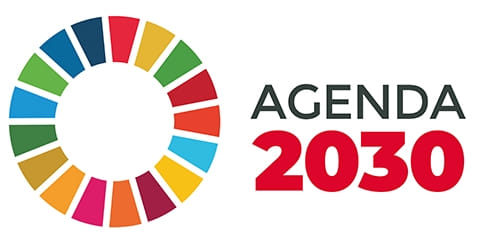In a recent interview with Seth Meyers, President Biden mentioned that the United States has the strongest economy in decades. However, the reality shows that the 2023 GDP growth adjusted for the accumulation of public debt was the worst since 1930. The U.S. national debt hit $32 trillion in June 2023 and surpassed $33 trillion in September. The U.S. national debt now stands above $34 trillion and is rising by $1 trillion every hundred days. The trend is exceedingly worrying because the next trillion comes faster every time, and all this is happening in an alleged recovery with strong employment growth and rising earnings.
Debt matters, and there is a reason U.S. citizens do not see such a positive picture. Negative real wage growth, diminishing purchasing power of salaries and savings, and a much tougher position for families to make ends meet.
Continue reading Bitcoin Will Not Kill the US Dollar, The Government Will.